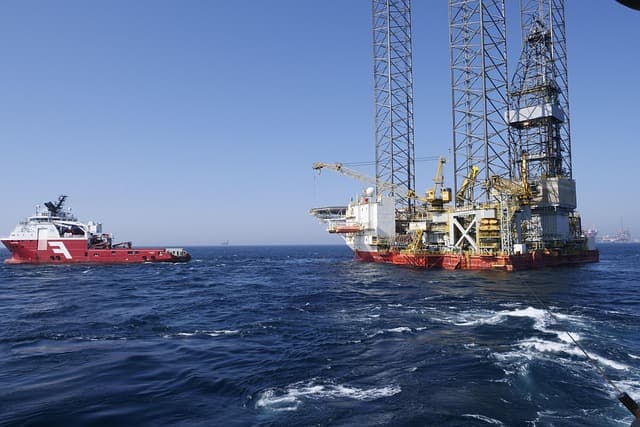In recent years, modular platforms have become an increasingly popular solution for on-water construction. Their versatility, mobility and cost-effectiveness make them attractive for a variety of applications, from industry to tourism.
Advantages of modular platforms
Modular platforms are made up of individual pontoons that can be connected in various configurations. This makes it possible to create structures of any shape and size, adapted to specific tasks. Among the key advantages.
- Mobility and rapid deployment: Platforms can be easily transported and erected on site, which is especially important for temporary structures or in restricted access environments.
- Scalability: The ability to add or remove modules allows the platform to be quickly customized to meet changing needs.
- Cost-effective: Reduced construction and installation costs compared to traditional permanent structures.
- Resilience: Modern materials and designs ensure reliability and durability of platforms even in difficult climatic conditions.
Application of modular platforms
Modular platforms are used in various spheres.
- Industry: They are used to house equipment, warehouses or work platforms on water.
- Tourism and recreation: Creation of floating houses, cafes, stages for events or recreation areas.
- Transport and Logistics: Establishment of temporary wharves, bridges or crossings.
- Ecology and science: Location of research stations or equipment for monitoring aquatic ecosystems.
Technological innovations
Modern modular platforms are designed with the latest technologies and materials in mind. For example, the use of plastic pontoons provides lightweight construction and corrosion resistance. Some companies offer modular systems that can be used to create a variety of on-water facilities, including floating marinas, business and leisure platforms.
Autonomous systems are also being developed that can self-assemble structures on the water using cement blocks and active ballasting. This opens up new opportunities for construction in hard-to-reach areas and with minimal human involvement.
The future of modular construction on water
With the growing interest in sustainable development and efficient use of water resources, modular platforms represent a promising trend in construction. Their flexibility, adaptability and cost-effectiveness make them attractive for a variety of projects, from temporary structures to permanent residential and commercial facilities.
In the coming years, we can expect to see further development of water-based modular construction technologies, including the integration of renewable energy sources, intelligent control systems and new materials, which will expand the scope of their application and increase the efficiency of water space utilization.



